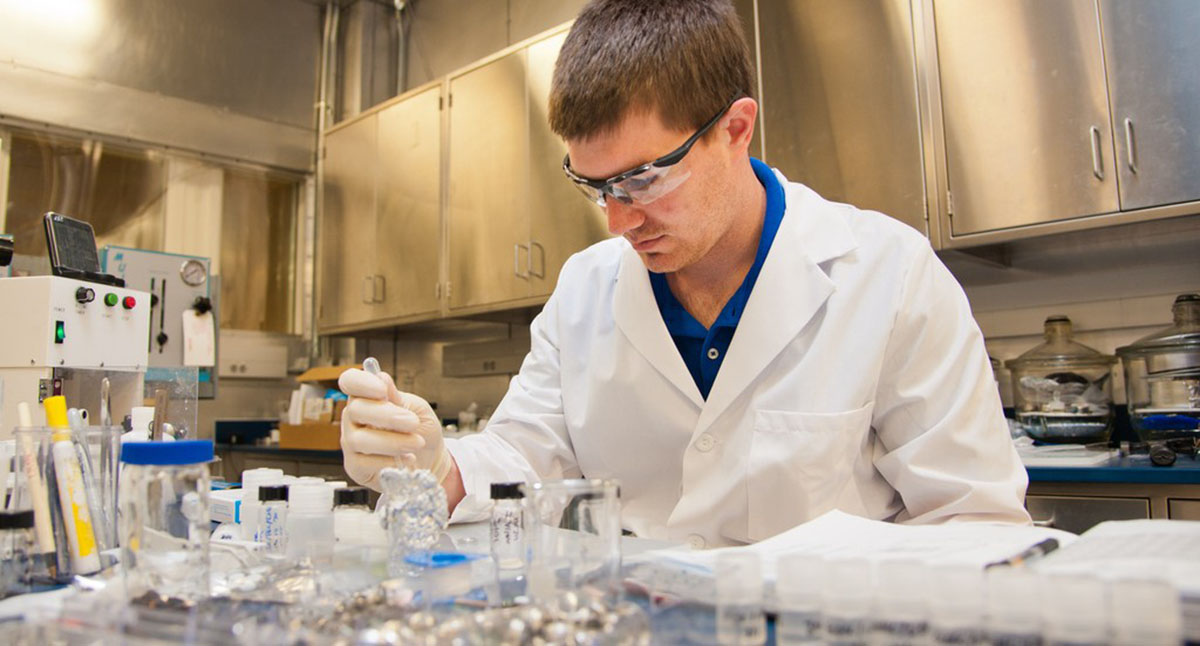Table of Contents
First of all, the pressure that scientists have to publish a certain number of papers in top journals is very intense. There is a very famous saying in the research area that goes like this: “Publish or perish”, and it is absolutely true.

When applying for a job, a place at a University or a research grant from the government or a foundation, your track of published papers is basically one of the most important things in the CV. This is how you are evaluated as a scientist, basically.
When you send a paper with your experimental results, it goes through a very long process, which can last as long as a year or so, of revisions and modifications. Then, it is either accepted for publication, or rejected.
This is quite a stressful percentage: ff you don’t publish, your are doomed, basically.
Knowledge means money, also
The money could also play an important role in the decision of scientists to falsify or modify experimental data. You may not know, but in order to do research, you need money that comes either from the government or from research funding institutions, such as charities. To get a grant for a research project you have to compete with thousands of applicants and the selections process is quite tough. It has to be, because after all, you are given a considerable amount of money to shed light into a specific issue that is affecting people’s lives.
Science is a human activity after all
Going back to Dr. Obokata's case, I may be over analyzing the situation and in the end, she may have falsified her results just to get published in a very important journal and make history as a researcher with her new discovery. This is also possible. Who wouldn’t like to make a great discovery and save humanity? I would, for sure.
In the end, it is the result of human activity, and as such, it is subjected to human errors, whether they are committed by mistake or deliberately. As a scientist, I was taught to question everything, even my own negative or positive experimental results.
See Also: Scientists Figure Out Retinal Code
I don’t intend to make you doubt from everything that the scientific community publishes, but just to make you notice that we are also humans and are entitled to make mistakes. As general public, we have to be able to judge the information that comes into our houses, through any type of media. This is an excellent exercise and it would certainly help in increasing the quality of whatever is published, not only in the scientific area, but in every other one that exists.
- Photo courtesy of Urcomunicacion by Wikimedia Commons : en.wikipedia.org/wiki/Scientist#mediaviewer/File:InvestigadoresUR.JPG
- Photo courtesy of U.S. Army RDECOM by Flickr : www.flickr.com/photos/rdecom/7222825892
- www.sciencenews.org/article/little-acid-or-tight-squeeze-can-turn-cell-stemlike
- time.com/45541/stem-cell-scientist-guilty-of-falsifying-data/
- www.nature.com/news/stem-cell-scientist-found-guilty-of-misconduct-1.14974
- www.ascb.org/ascbpost/index.php/compass-points/item/170-publish-or-perish-and-the-plague-of-scientific-misconduct


Your thoughts on this